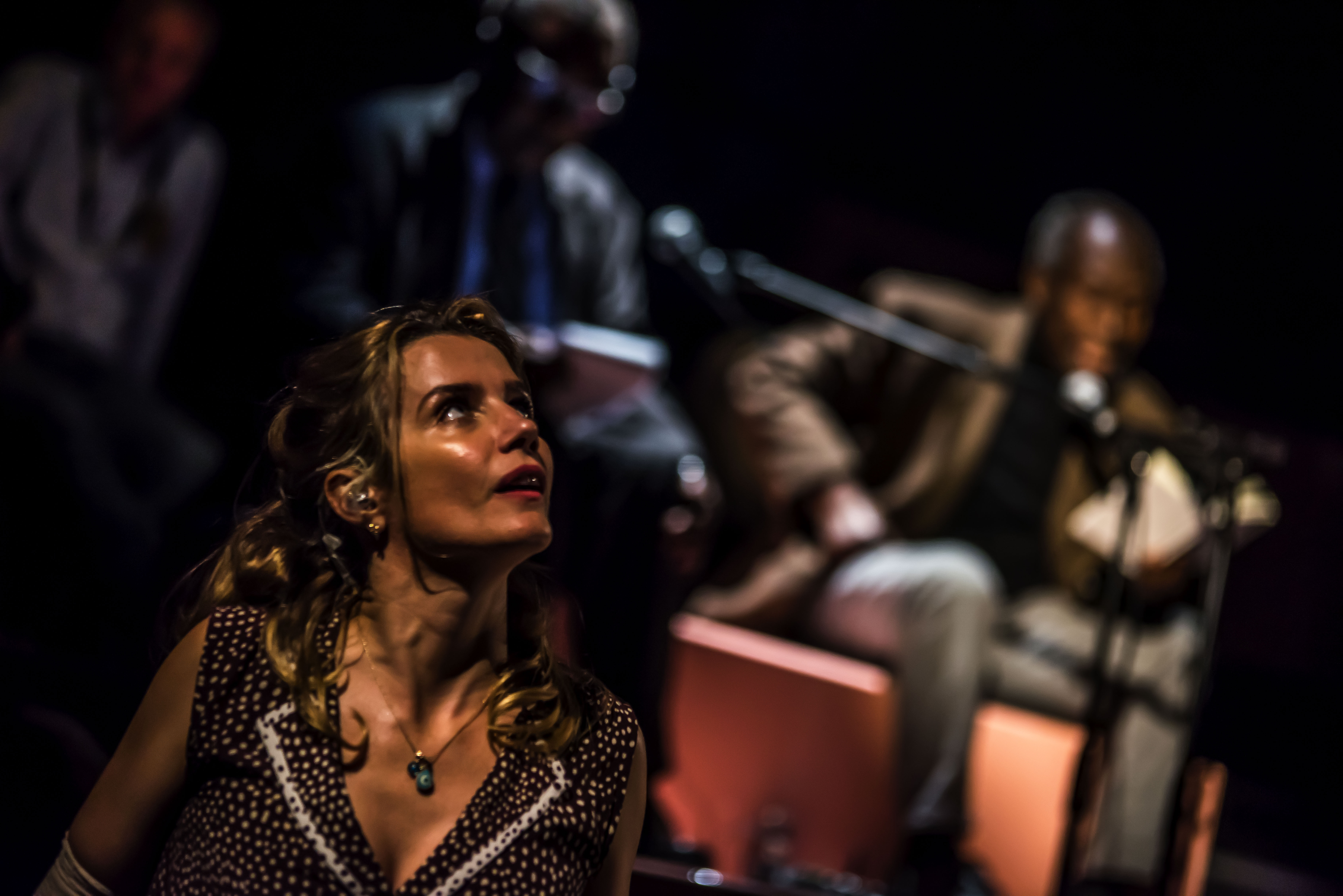When I worked as a Saturday girl for Boots in the early 1990s, part of my job was looking for bombs.
I’m not kidding. Bomb threats were so prevalent in Manchester at that time (from the IRA and, at Boots, animal rights groups) that this was part of my end-of-day task when tidying up the shelves. Looking back, my £11 pay packet seems woefully meagre, not to mention the fact that Britain’s number one chemist had 16-year-olds checking the tampon isle for incendiary devices.
By 1996 when the Provisional IRA unleashed the largest bomb ever detonated in peacetime in the UK, mainland Britain had experienced more than its fair share of attacks from this paramilitary group. There was the mortar attack on 10 Downing Street, followed by large truck bombs at London’s Baltic Exchange in 1992. During the same year, two bombs exploded in Manchester. Meanwhile, I’d spent one uncomfortable Saturday afternoon hiding in the basement in Boots with other staff while police fought pitched battles with hundreds of animal rights activists on the shop floor.
So when a colleague asked me last night if I felt traumatised by the 1996 bomb, I said no. It may have been the arrogance of youth, but I didn’t feel scared back then. The news was full of IRA activity, it was part of our daily lives. And, unlike today, the IRA gave warnings before obliterating buildings.
After watching On Corporation Street at Manchester’s HOME, a production focused on the Manchester bombing by a Irish theatre company, I found myself wanting to revise my answer.
While ANU‘s site-specific, immersive show falls short of the brilliance of its last visit here (the visceral Angel Meadow back in 2014), it is nonetheless a moving and thought-provoking night at the theatre. Using a cast from Dublin and Manchester, this show draws on personal testimonies from the day itself and weaves them into an ever-shifting narrative that alarms and soothes in equal measure.
 As with all reviews of this type of theatre, it’s tricky to know what to disclose and what to leave unsaid. So, the facts. On June 15, 1996, the IRA packed a mammoth 3,000 lbs of explosives into a van parked on Corporation Street, right next to Marks & Spencer and the Arndale shopping centre. It went off at 11.17 am, devastating the city centre and destroying a third of Manchester’s retail space. The shockwave was felt up to ten miles away and the 1,000 ft smoke plume dominated the sky. Miraculously, no one was killed, although 212 people were injured, mostly by flying glass and debris. The total cost to the city in pounds and pence? £700 million.
As with all reviews of this type of theatre, it’s tricky to know what to disclose and what to leave unsaid. So, the facts. On June 15, 1996, the IRA packed a mammoth 3,000 lbs of explosives into a van parked on Corporation Street, right next to Marks & Spencer and the Arndale shopping centre. It went off at 11.17 am, devastating the city centre and destroying a third of Manchester’s retail space. The shockwave was felt up to ten miles away and the 1,000 ft smoke plume dominated the sky. Miraculously, no one was killed, although 212 people were injured, mostly by flying glass and debris. The total cost to the city in pounds and pence? £700 million.
I was there that day, although thankfully no longer working at Boots. As an usher at two of the city’s theatres, the Palace and the Opera House, I was due to be taking tickets and selling ice creams at the musical Copacabana. I first heard about the bomb sitting at a bus stop in South Manchester, waiting for the Number 43 to take me into the town. Even though it was 20 years ago, I remember the rest of that sunny Saturday like it was yesterday.
And so it was eerie to – in some sense – relive it. From the woman in the wedding dress whose image of her hitching up her skirts and running for her life became synonymous with that day to the mannequins strewn across the floor, the details are all here. As a 40-something who, like many people, becomes more and more aware of her own mortality with each passing year, I started to feel…scared. No one died on that Summer’s day (a testament to the efforts of the police and emergency services) and, as a nation, we were used to living under the shadow of IRA violence, so why did I now feel so vulnerable?
Perhaps because that’s what theatre is supposed to do, is required to do: to pick at the seam of your soul, to send you out into the night feeling more alive, even if that comes at a cost. If that’s right, ANU is a theatre company in the truest sense. It was just a shame that the end petered out. In a play with layered narratives where different audience members see different scenes, the ending varies. Without spoiling it, my ending was a damp squib; which in a play that, in its best moments (and I’ll single out bravura performances by Gurjeet Singh and Niamh McCann here) made me hold my breath, was a terrible shame.
That said, you should go and see On Corporation Street. I have a feeling that the show as a whole will improve as the cast settles into the corridors and side rooms of HOME, and it’s always possible that I missed out on some of the best set-pieces. Also, if you’re stuck in a lift with a woman in a wedding dress and she offers you a Curly Wurly, say yes.
Photos by Graeme Cooper
 On Corporation Street is at Manchester’s HOME until June 25, 2016. For more information, click here.
On Corporation Street is at Manchester’s HOME until June 25, 2016. For more information, click here.












